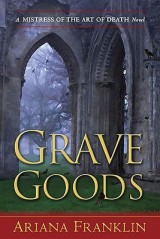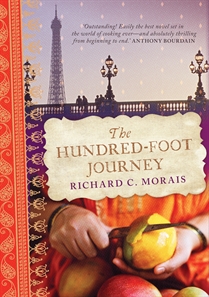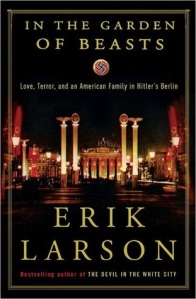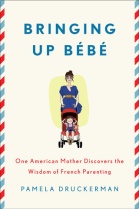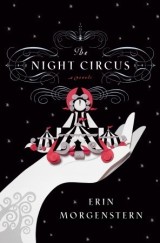As a brand new mother, I freaked out that I wasn’t engaging my newborn with enough structured stimulation. Basically, I wasn’t educating her properly.
I think I saw another mom with a Baby Einstein book, teaching her two-month old to read (or something like that), and I felt the pressure to plan a training ritual for her little brain, including expensive learning tools that all the “good moms” touted.
But then I was sorting laundry with her sitting next to me and held up a sock and said, “White sock.” Her eyes lit up, and she smiled as I held up another white sock and said the same thing. I talked about the entire pile of laundry in the same way, and I realized that the best teaching was taking place in them moment, in the middle of my mommy chores and mundane tasks around the house.
Basically, I didn’t need new fangled, IQ stimulating toys. I just needed some patience and a willingness to find opportunities to teach my baby as they came along—out on walks, in the grocery store, or while washing dishes.
So it’s not surprising that I expect my father in heaven to use more formal methods to teach me. I am ready and waiting at the appointed times, with the correct materials. I sit in church, ready to learn the lessons he has for me for the week, or I open my Bible, the proper curriculum for lessons, and wait for the teaching to follow. I’m not saying that God doesn’t use these opportunities to teach. It just seems like he has a far more varied education in mind for me.
Just like Lizzy learns best during teachable moments, God is also teaching me in the moment, in those little mundane tasks of life.
That same laundry pile, the odious chore I faithfully perform weekly, is a chance for me to learn a little humility (workout clothes smell pretty awful a week later). I also develop a servant’s heart as I stain stick puke and other bodily fluids out of Lizzy’s clothing (sometimes, I fail to learn the lesson and throw the item directly into the garbage).
The best teachable moments are those really frustrating ones, the ugly times when life isn’t going my way. I’m learning that God is in control and I am not. I learn about his grace and my weakness.
The challenge is using those ugly moments to teach Lizzy as well.
She’s there, eyes open, when mom makes mistakes. I admit, I’m not so great at recognizing those stressful moments as learning opportunities. I forget that she’s soaking up my responses. (“Uh-oh” has been on of her favorite phrases for awhile now…wonder where she learned that one.)
I’d like to say that the times when I arrive at the grocery store and have forgotten my wallet or when I am late for an important appointment, that I step back and consider how I’m teaching Lizzy to handle the stresses and trials of this life. If I’m honest, I’ll recognize that the lessons I teach her at these times are about how to freak out and lose one’s cool, instead of asking for help or praying for guidance. A little laughter would help too.
I think I like those structured, formal, planned teaching moments because they are under my control. I have a lesson plan. I have a goal.
It’s not surprising that God uses daily life to teach me. I mean, his son, Jesus, did that constantly with the disciples. I didn’t see Jesus running to the nearest Christian supply store to stock up on the latest disciple training materials. He used what he had, which was wine, shepherds, figs, fish, and rocks.
Just like for the disciples, learning takes place for both Lizzy and me in the midst of the mess of life. In the highs and lows, we’re both learning.
Here’s hoping that when teachable moments arise, we’re both good students.
Are you a good student, in planned times of learning and unplanned ones as well?
“The ear that hears the rebukes of life Will abide among the wise” (Proverbs 15:31 NKJV).
Northwest Christian Writers Association
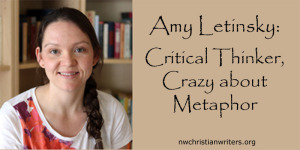 Those who attend Northwest Christian Writers Association meetings regularly know that longtime member Amy Letinsky is a critical thinker, crazy about metaphor, and an avid reader and writer.
Those who attend Northwest Christian Writers Association meetings regularly know that longtime member Amy Letinsky is a critical thinker, crazy about metaphor, and an avid reader and writer.